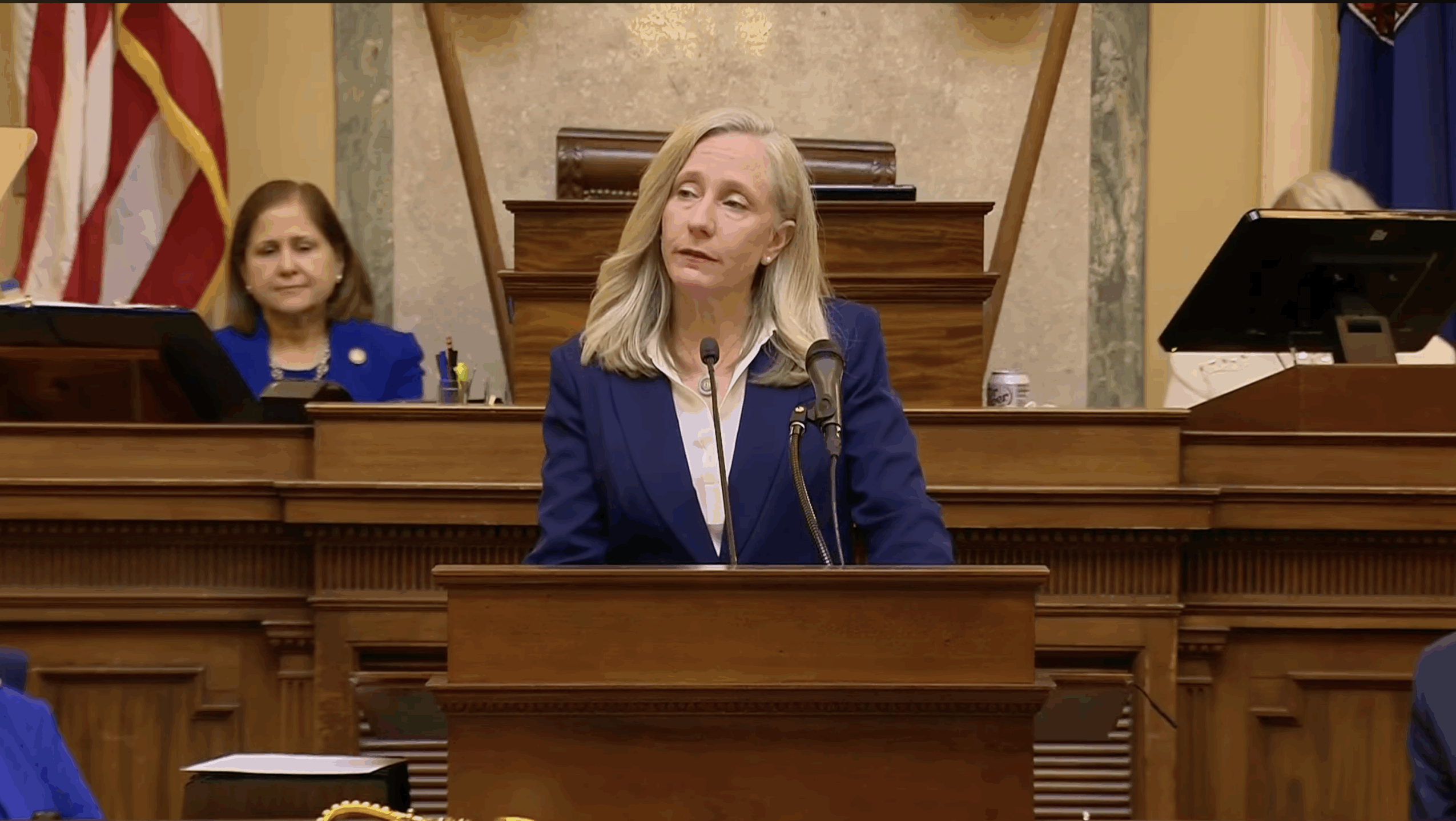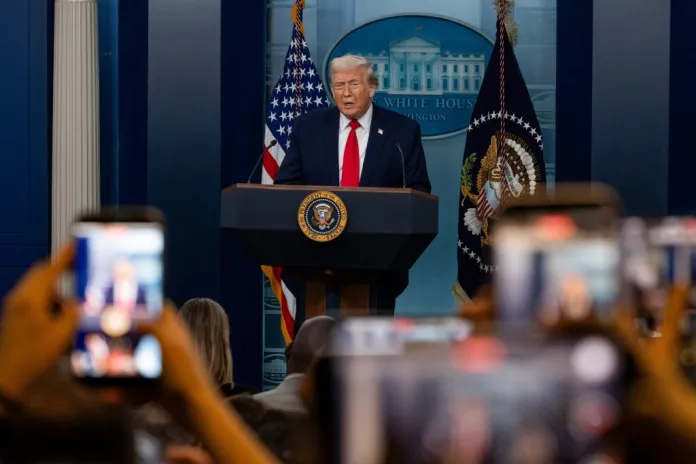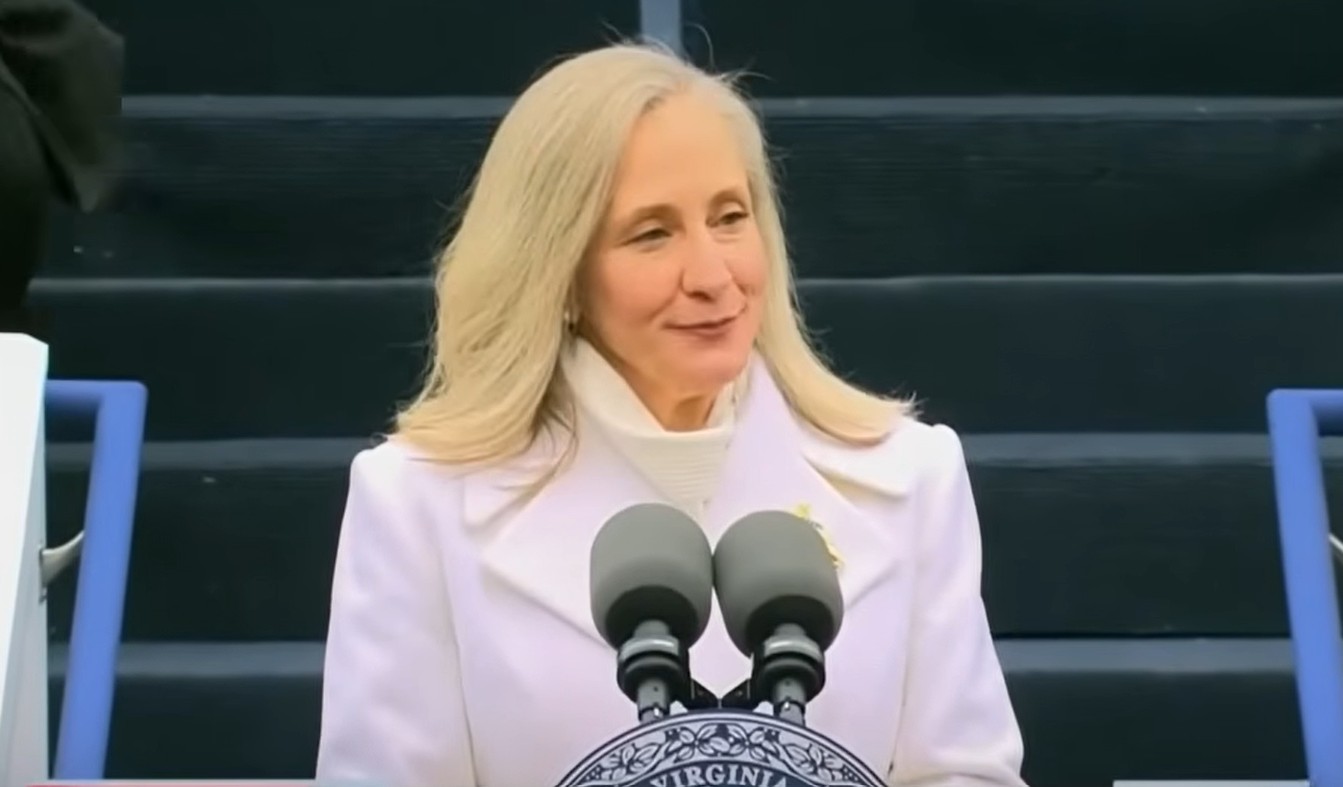GENIUS Act advances in Senate as Democrats drop Trump rebellion
Teh senate has advanced a groundbreaking cryptocurrency bill known as the GENIUS Act, primarily aimed at establishing rules for stablecoins-digital assets tied to the U.S. dollar. This movement comes after a previous attempt was thwarted due to disagreements among Democrats. A coalition of industry-friendly Democrats chose to support the legislation following last-minute amendments, resulting in a procedural vote of 66-32, with 16 Democrats joining Republicans to move forward.
Key points of contention include the potential benefits to former President Donald trump’s cryptocurrency ventures, prompting concerns over conflicts of interest. Some Democrats,like Senator Elizabeth warren,have criticized the bill for potentially enriching Trump. Nonetheless,the broader implications of regulating stablecoins have underscored the importance of creating a legal framework to support the growing cryptocurrency market.
The bill’s future remains uncertain as further amendments are expected.Senators have indicated that while the bill could pass by the end of the week,it may also linger until early June. The legislation is viewed by many as essential for maintaining economic stability and fostering responsible innovation within the cryptocurrency sector.
Crypto bill clears first Senate hurdle after Democrats drop rebellion
The Senate advanced a first-of-its-kind cryptocurrency bill on Monday as a bloc of industry-friendly Democrats, satisfied with last-minute tweaks to the legislation, handed Republicans their votes.
It could take days for the Senate to pass the GENIUS Act, which would set rules of the road for stablecoins, a digital asset with a value tied to the U.S. dollar, but Monday’s vote, a procedural step needed to begin debate on the legislation, represents a major victory for the cryptocurrency industry. Almost two weeks ago, the same vote failed as Democrats made a surprise set of late demands.
Democrats declared a series of “wins” as a new deal came together, including language on foreign issuers and Big Tech. However, President Donald Trump’s heavy investment in cryptocurrency was the biggest flashpoint. His family is launching a stablecoin, while Trump is hosting a dinner this week with major holders of his memecoin.
Sen. Elizabeth Warren (D-MA), ranking member on the Senate Banking Committee, circulated a memo saying the bill, as it stands, would “fuel Trump’s crypto profits” as other Democrats introduced legislation banning presidents from issuing or endorsing digital assets.
However, the conflict-of-interest concerns were not enough to derail the legislation. Sixteen Democrats crossed party lines in a 66-32 vote, beginning what could be a tedious process to pass the bill.
Just two Republicans, Sens. Rand Paul (R-KY) and Jerry Moran (R-KS), were opposed.
The legislation that advanced Monday does not include the tweaks negotiated between the two sides, meaning an amendment will be needed to update the draft bill. Fence-sitting Democrats are also demanding further changes to win their support on the final vote.
Rep. Andy Kim (D-NJ), one of the Democrats who supported the measure in a March committee markup, opposed it on Monday, citing a desire for revised language on illicit financing.
However, he expressed optimism that Sen. Bill Hagerty (R-TN), the lead GOP sponsor, talked through his reservations on the Senate floor.
“I don’t want to speculate where things can go, but the fact that they’re still engaged, even though we’re right there on the floor, I took that as a good sign,” he said.
Sen. Lisa Blunt Rochester (D-DE) took the opposite approach, voting to advance the legislation, but signaled she is not a given without further amendments.
“I think the bill is better. I still have concerns, so I’m going to vote ‘yes’ tonight to allow for an open amendment process,” she told the Washington Examiner, though she declined to elaborate on what changes she is seeking.
Notably, Senate Minority Leader Chuck Schumer (D-NY), who has convened negotiators for repeated meetings in his leadership office, voted against the procedural vote.
It’s possible the legislation could clear the Senate by the end of the week, in time for the Memorial Day recess, but the more likely outcome is that senators hold a final vote once they return in early June.
“It might go into the week after Memorial Day break,” said Sen. Cynthia Lummis (R-WY), one of the bill’s primary sponsors.
The legislation was drafted to address the so-called legal “gray zone” associated with stablecoins and could serve an economic imperative for the United States, facilitating the use of digital coins that are pegged to the dollar or Treasury bonds.
Ahead of the Senate vote, Senate Majority Leader John Thune (R-SD) called the bill a way to keep the U.S.’s “fiscal house” in order, while its Democratic sponsors argued the stability offered by the regulatory framework should take precedence over concerns about Trump.
DOGE LOSES ITS BITE AS ELON MUSK STEPS BACK FROM ROLE
“It’s not perfect, but it’s far better than the status quo,” Sen. Mark Warner (D-VA) said in a statement. “Innovation in this space is happening, with or without us. We have a responsibility to ensure it happens safely, transparently, and in a way that advances U.S. economic and national security interests.”
Lummis said the next step after Senate passage would be to meet with members of the House Financial Services Committee, where similar stablecoin legislation was approved earlier this year.
" Conservative News Daily does not always share or support the views and opinions expressed here; they are just those of the writer."




